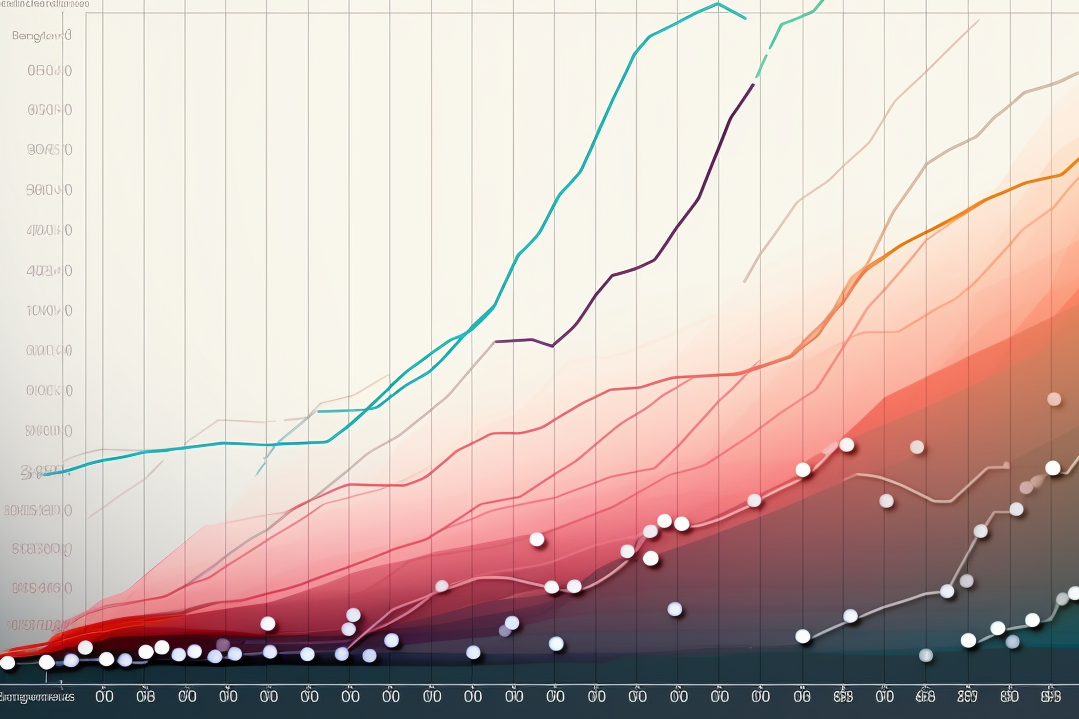
Are you wondering what ‘domain expired but not available’ means?
If you’ve been waiting for the ideal domain name to become available, you know how thrilling it is when WHOIS information updates show that its registration is about to expire. However, there are times when a domain has expired but isn’t immediately available.
In this article, we share with you what exactly ‘domain expired but not available’ means and what you can do while the domain you want is still unavailable.
Key Takeaways
- When a domain name expires, it goes through several stages before becoming available for purchase. “Domain expired but not available” means that during these stages, the domain name will display an expired status, but it won’t be open for new registration.
- Website owners have a reasonable timeframe to renew their domain name registrations before and after expiring.
- When a domain name expires, it goes through an automatic grace period, redemption grace period, and deletion period before becoming available for purchase.
- The specific timeline for each step in the domain name expiration process can vary depending on factors such as the top-level domain, the registry associated with the website, and the registration agreement between the registrar and the current domain owner.
- When a domain is expired but not available, you can use a domain backorder service to try to catch it when it becomes available for registration.
Why Would a Domain Be Expired But Not Available?
ICANN (The Internet Corporation for Assigned Names and Numbers) has established rules that influence how registrars manage the expiration of domain names. The process allows website owners a reasonable timeframe to renew their domain name registrations before and after expiring.
When a domain name expires, it typically goes through several stages before becoming available for purchase:
- Automatic grace period: This period can vary from no time to 45 days, depending on the registrar. If a domain reaches this stage, the registrar has already sent at least two notices to the registrant, asking for a renewal fee and warning about the upcoming domain expiration. During the grace period, the registrant can prevent the site from expiring by paying for renewal. Most registrars don’t charge an extra fee beyond the renewal price during this phase.
- Redemption grace period: Similar to the automatic grace period, the length of the redemption period can differ based on the registry or registrar, but it’s usually around a month. The redemption period is more critical for the registrant compared to the initial grace period because services are often suspended by the registrar during this time. In order to proceed with renewal, the current domain name owner typically needs to pay a reinstatement fee in addition to the original renewal fee. (More about the redemption period, you can learn here).
- Deletion period: If a domain name isn’t renewed after the redemption grace period, registrars will auction it. During these auctions, registrants can bid on the domain they want, and ownership goes to the highest bidder. If domain names aren’t renewed after the redemption period and remain unsold, the registrar removes them from the domain name registry list. Once deleted, the domain enters a “pending delete” status for several days before becoming available for registration. The first person to complete the registration process for the domain secures it. (Read this article for more)
During these stages, the domain name will display an expired status, but it won’t be open for new registration. While this system benefits the current site owner by providing them with time to renew, it may cause a delay for individuals interested in buying expired domains.
The specific timeline for each step in the domain name expiration process can vary depending on factors such as the top-level domain, the registry associated with the website, and the registration agreement between the registrar and the current domain owner.
Things You Can Do When Domain Is Expired but Not Available
If the domain you desire has expired but isn’t available, you just need to wait a bit before you can claim it. Meanwhile, there are a few things you can do to get ready.
Check Domain Authority (DA)
Before deciding on a domain, it’s smart to check its site or page authority to ensure you don’t pick one with a bad reputation.
To check a website’s domain authority, you can use various tools that analyze factors such as backlinks, traffic, and other metrics.
In our work, we prefer to use Moz’s free DA checker. Even if you use third-party tools such as https://websiteseochecker.com/, it’s important to note that they don’t independently calculate DA; they connect to Moz and take the results from there.
Decide How To Get The Domain
If you find a domain you like and confirm it has a strong domain authority, your next step is deciding how you want to get it. There are two primary approaches you can take:
Purchase it when it’s available: The simplest method is to wait for the domain to become available and then make a bid. You must act as soon as possible. The main drawback to this strategy is the chance that someone else might secure it before you.
Backorder the domain you want: The process of domain backorder involves placing a bid on a domain name that you want but is currently owned by someone else. If the domain expires, you get a chance to register it before it’s released to the public.
While no domain backorder orders are guaranteed, the service will make every attempt to acquire the domain on your behalf. If there are multiple backorder holders, you can join an auction to win the domain name.
All about backorder, you can read here: https://quirk.biz/what-is-domain-backorder/
Conclusion
To sum it up, grasping the details behind “Domain Expired But Not Available” gives us insights into the journey a domain takes before it’s open for registration again. From grace periods to potential auctions, the process is influenced by various factors like registrars and the specific domain’s characteristics.
For website owners and domain enthusiasts, success in securing an expired domain involves a mix of being quick, understanding domain authority, and potentially participating in auctions or using backordering services.
While nothing is guaranteed in the world of expired domains, this understanding helps individuals make smart choices and improves their chances of getting the domain they want.





































